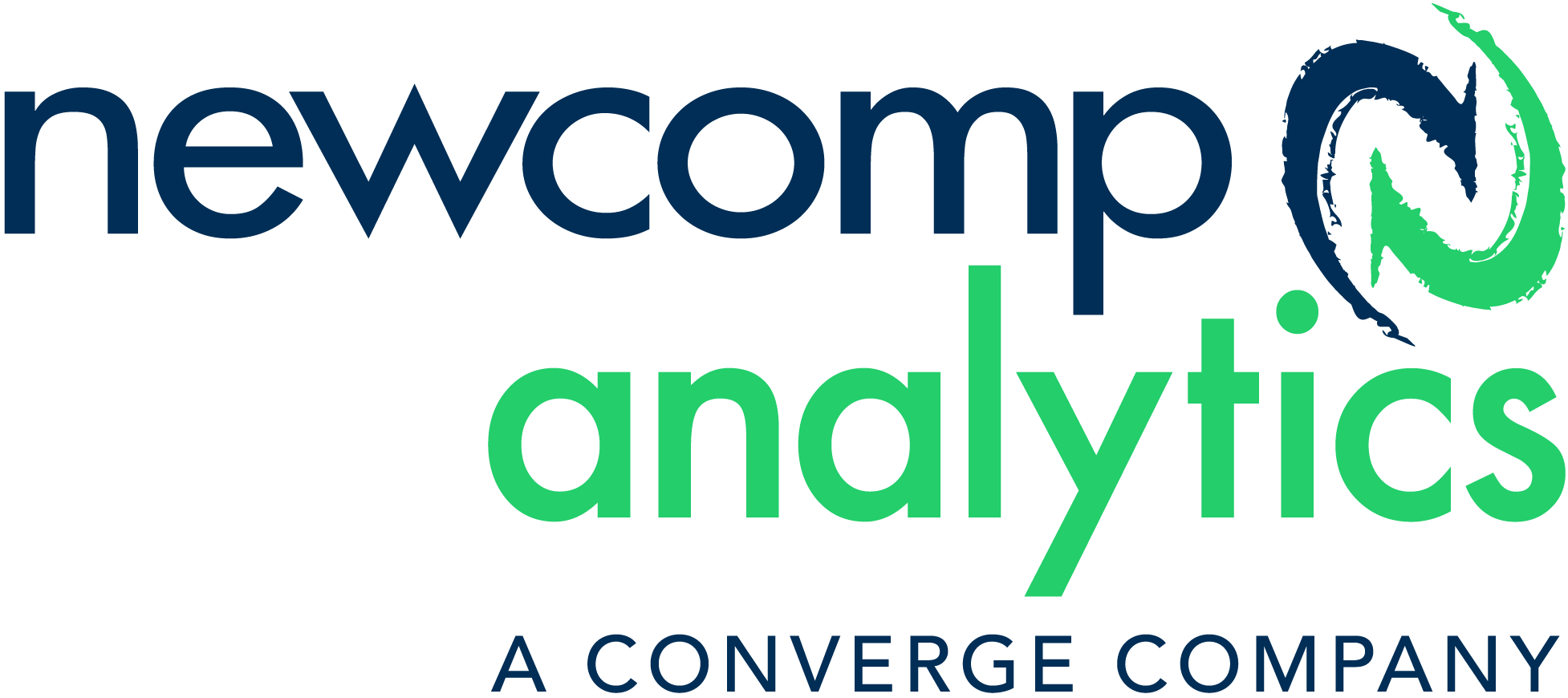Key Factors to Consider When Modernizing Your Data Lake
Why Invest in Enterprise Data Architecture Modernization
Initiate Data Architecture Modernization with Virtualization
Posted Nov 4, 2022
In Business Analytics, Business Intelligence, Data Science, General, Performance Management
The tumultuous nature of recent years has forced organizations to change their operations and aim toward progress through data architecture modernization. This has allowed them to better understand their business and how it is evolving. Providers have been helping companies to do this by designing and building data architectures that enable them to thrive in this new environment.
Data architecture modernization through virtualization has allowed companies to abstract data away from its physical location. This means you can access your data from anywhere without moving it physically. Data virtualization allows you to scale your data architecture as your needs change.
Reimagining Data Management
The traditional way of managing data is no longer efficient or effective. New technologies have emerged that enable managing data more efficiently and effectively. With a data architecture modernization strategy from reliable providers, you can be confident that your data is accessible and reliable, even as your needs change and grow.
Data architecture can be built with a modular approach, so it can easily adapt to your changing needs. And because it’s based on open standards, it’s easy to integrate with your existing systems.
Seamless Modernization on the Horizon
In simple terms, data virtualization is a way of accessing data from multiple sources without replicating that data. A data virtualization layer contains the metadata necessary to access data from various sources but no actual data. This allows users to access real-time data without copying or moving it.
Data virtualization creates a central, virtual data store that can draw upon data from disparate sources. This enables users to find and use the data they need for analysis while providing governance and control over enterprise data assets.
How It Happens
The Denodo Platform is a data virtualization solution compatible with data governance tools such as Collibra, Alation, and Informatica. It can also be configured to send these tools information from the Denodo data catalogue using connectors, providing a unified experience for users accessing data from multiple data sources. Its catalogue allows users to collaborate easily by certifying and commenting on individual data sets.
Aside from those main features, the Denodo Platform can also help automate and manage the data policies set by other tools since it is software that allows you to manage and access data from different sources within your company. It takes your various tools’ security protocols and definitions and applies them across all enterprise data sources. This way, you can ensure that all company data is safe and secure, no matter where it comes from.
On an organizational level, the Denodo Platform helps organizations ensure that data is available to all authorized users, stakeholders are accessing the right data to meet their needs from anywhere with a decent Internet connection, and data governance protocols are being observed.
Users that connect to Denodo to request a virtual view through Tableau or Power BI can only see the information they are allowed to access. This authorization is based on the user’s credentials and the security settings in Denodo.
Maximize This New Technology with Newcomp Analytics
Implement data architecture modernization today with Newcomp Analytics! We take care of your analytics pipeline so you can focus on your business processes. Visit our website now to learn more.


